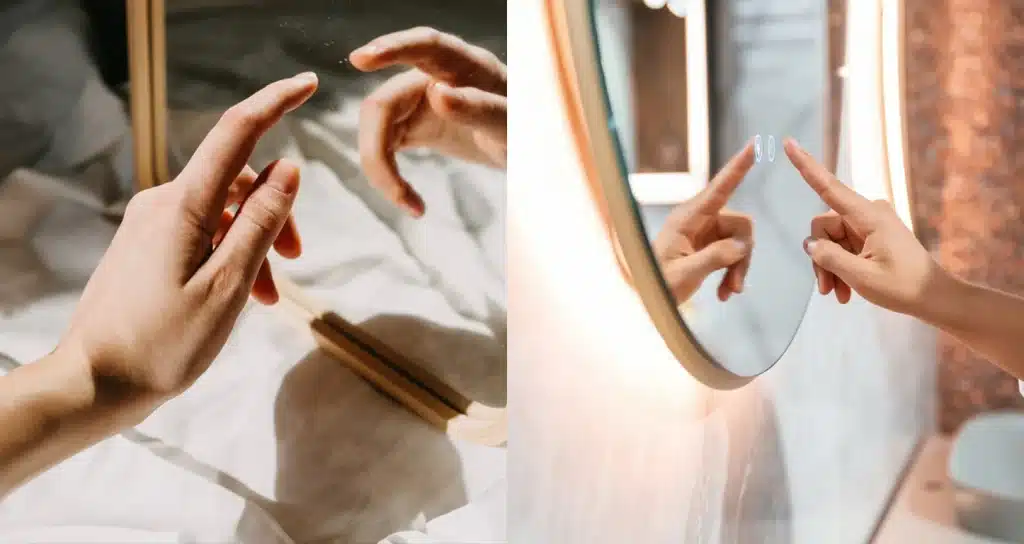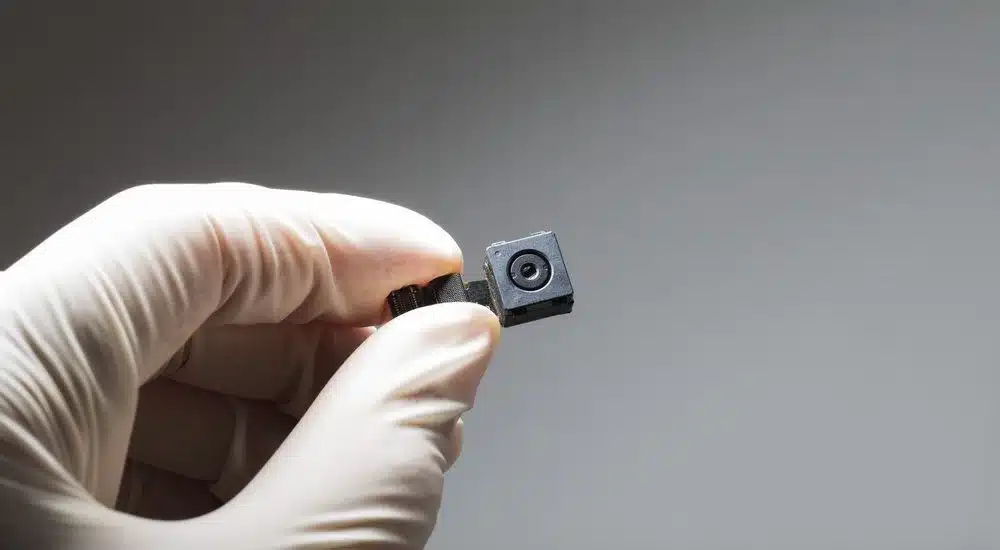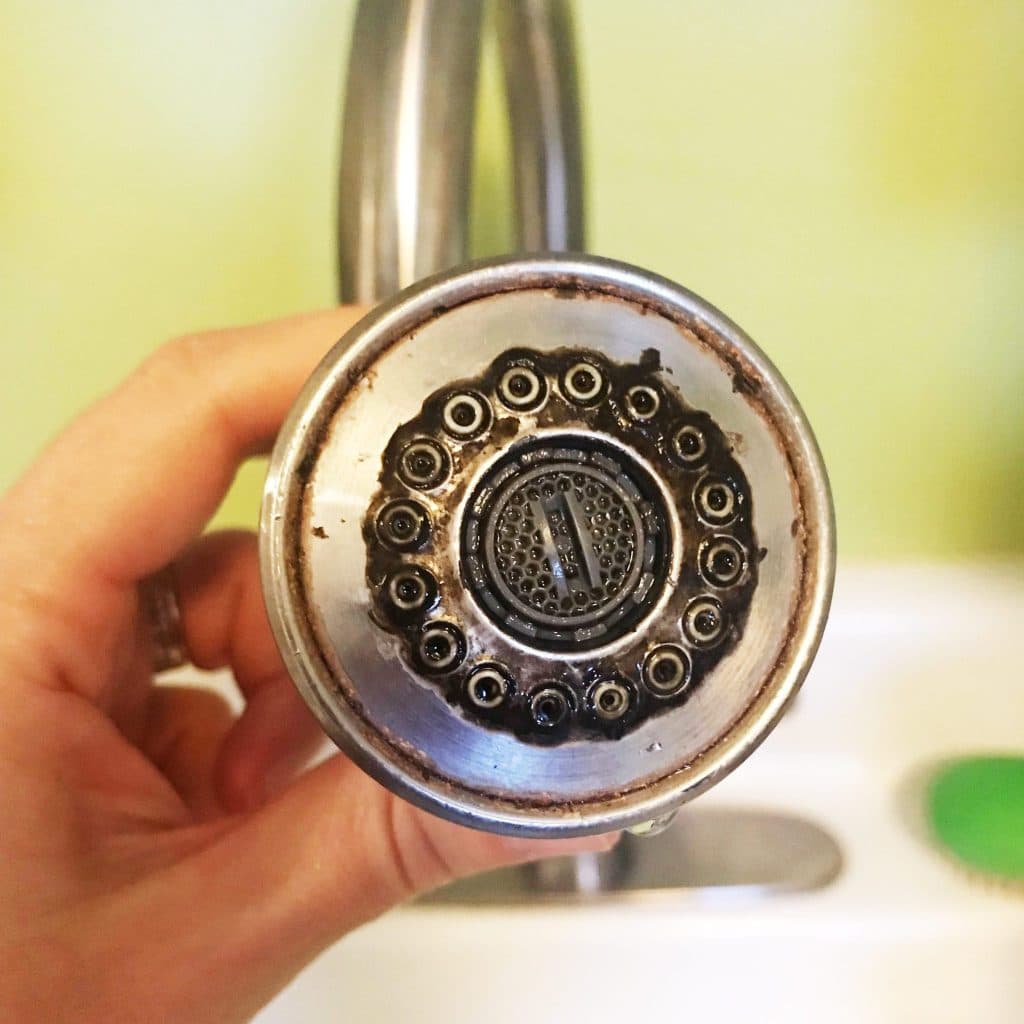When staying in a hotel or motel, most travelers focus on unwinding after check-in, overlooking an essential step: inspecting the room. Skipping this check can lead to privacy and hygiene concerns. Here’s a brief guide on things to inspect upon arrival to ensure a secure and clean stay.
After check-in, take a few moments to examine the room for anything unusual, including mirrors, hidden cameras, and general cleanliness.
Two-Way Mirrors
While most mirrors in hotel rooms are standard one-way mirrors, it’s worth double-checking for two-way mirrors, which could compromise privacy by allowing someone on the other side to observe the room. Two-way mirrors often reflect differently from regular mirrors. To test, place a finger against the mirror’s surface. In a standard mirror, there will be a gap between your finger and its reflection; with a two-way mirror, the reflections usually touch without a gap. This can help you ensure that the mirror is safe.

Hidden Cameras
Although hotels typically install cameras only in public areas for security purposes, there’s a risk that previous occupants or individuals with bad intentions could place hidden cameras within the room. Devices can be concealed in seemingly ordinary objects like alarm clocks, smoke detectors, or power outlets. Use your flashlight to inspect any suspicious items or areas, paying particular attention to vents and devices with small holes or lenses that could hide a camera.

Hygiene and Cleanliness of Faucets and Showerheads
After assessing privacy, it’s wise to check for cleanliness in the bathroom. Inspect faucets and showerheads, especially looking for signs of accumulated dirt. If the showerhead or faucet shows visible buildup, it may indicate a lapse in room sanitation. You can go a step further by removing the showerhead to check for trapped debris like hair, which may suggest inadequate cleaning. In case of unhygienic conditions, don’t hesitate to contact the front desk and request either a new shower fixture or a room change.

By taking a few extra minutes to perform these checks, you can help ensure a safe, private, and pleasant stay on your next trip.
If you’re looking for potential dangers in a hotel room, here are some things to keep in mind:
- Security: Always check the locks on your door. Use the deadbolt and any additional security features available. If the room seems insecure, request a different room.
- Fire Safety: Familiarize yourself with the exits and fire escape routes. Make sure you know where the fire alarms are located and that they are functioning.
- Strangers: Be cautious about opening the door to strangers. Use the peephole to identify visitors and avoid letting in anyone who seems suspicious.
- Cleanliness: Check for cleanliness, including bed linens and bathrooms. Look for signs of pests or other hygiene issues.
- Electrical Hazards: Inspect electrical outlets and appliances for any damage. Avoid using any appliance that seems faulty.
- Emergency Contacts: Keep a list of emergency contacts handy, including hotel management and local authorities.
- Personal Belongings: Always secure your valuables in the hotel safe or keep them with you to avoid theft.
Being aware of these potential dangers can help ensure a safer stay in a hotel.
Here are some additional tips for hotel safety:
- Choose a Safe Location: When booking a hotel, consider its location. Look for hotels in well-lit, busy areas and check reviews for safety concerns.
- Use the Hotel Safe: Store your important documents, money, and valuables in the in-room safe or the hotel’s main safe.
- Keep Your Room Number Private: Don’t share your room number with strangers or on social media. If someone asks, say you’re staying in a different part of the hotel.
- Be Aware of Your Surroundings: Pay attention to who is around you, especially in common areas like elevators, hallways, and parking lots.
- Trust Your Instincts: If something feels off or makes you uncomfortable, don’t hesitate to change rooms or even hotels.
- Use the Do Not Disturb Sign: When you’re in your room, use the “Do Not Disturb” sign to discourage unwanted entry.
- Plan Your Exit: Familiarize yourself with the layout of the hotel, including fire exits, in case of an emergency.
- Avoid Ground Floor Rooms: If possible, choose a room on a higher floor, which can be safer from break-ins.
By following these tips, you can help ensure a safer and more enjoyable hotel experience. If you have any specific questions or need more information, just let me know!
